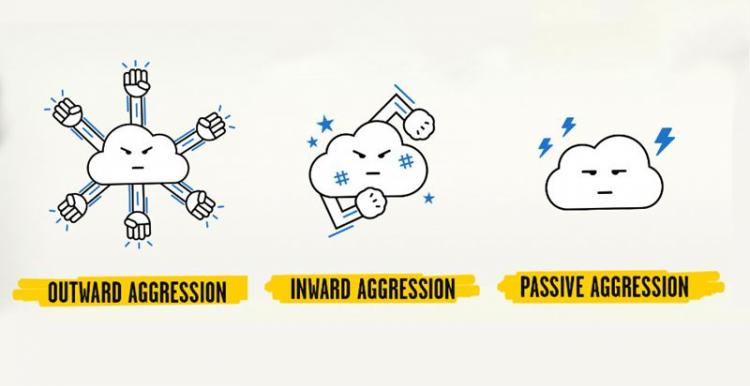YoungMinds – Supporting your child with anger

We all feel angry at times, it’s part of being human. Anger is a normal and healthy reaction when things don’t go the way we expected, life feels unfair or people upset or hurt us. It can be a helpful thing – acting as a positive force for change, or letting us know that something is wrong or not okay with us. It’s also normal for children and young people to find it difficult to manage their angry feelings sometimes, and it’s helpful to remember that the part of our brain that helps us do this doesn’t fully develop until we’re in our mid-20s.
But anger can become a problem for your child if it feels overwhelming or unmanageable, makes them unhappy, affects their relationships or is expressed through unhelpful or destructive behaviours – towards either themselves or other people.
Angry feelings and aggressive behaviour can be really hard to deal with as a parent, and can have a huge effect on family life. If you’re going through this, remember that there is light at the end of the tunnel – there are things you can do to make the situation better, and places where you can find support if you need to. Here, YoungMinds have got strategies you can use to help you respond and advice about when and where you might want to seek further help.
Find more information here on their website:
More information and advice
- If you have a younger child, and you need support to respond their behaviour, you can find our advice and strategies here.
- If you need support to start a conversation with your child about what's going on, you can find lots of tips here.
- If you have a teenager who's struggling with anger, they may find it helpful to hear about other young people's experiences.
- If your child has a developmental issue or disability and is struggling to manage their anger, organisations such as the National Autistic Society and Contact can provide advice to help you support them.


